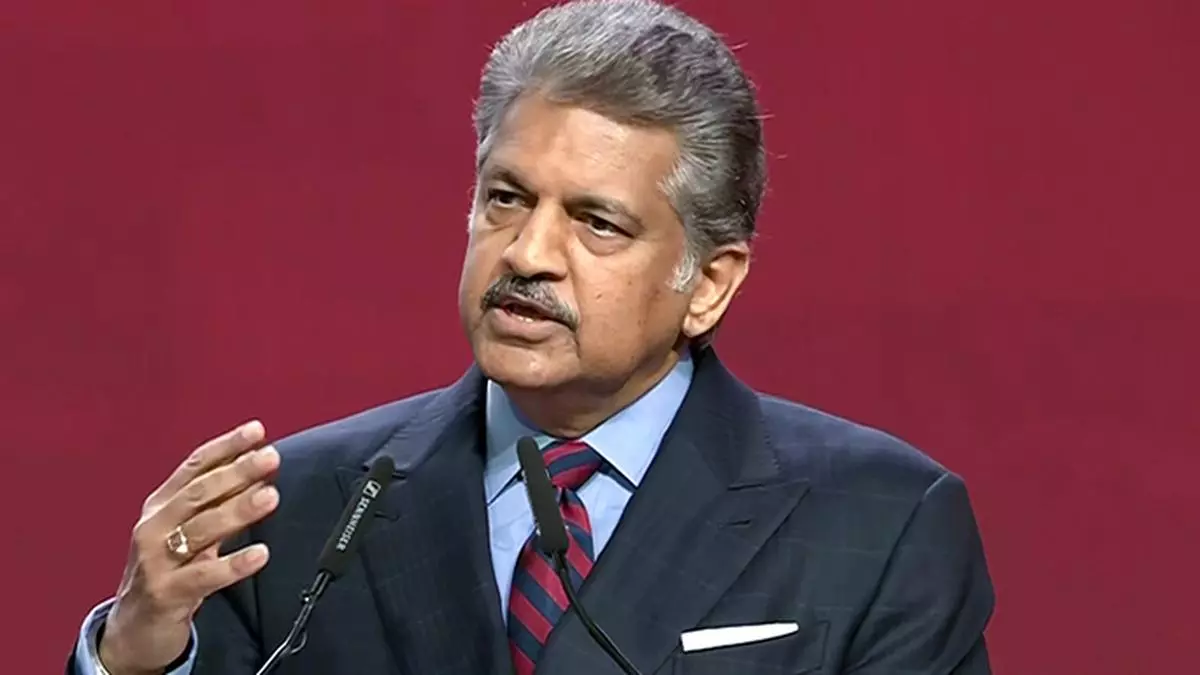Come April 1, all airlines flying to or from India will be required to submit details of all passengers (including transit) and cabin crew to Indian Custom Department for risk analysis.
In a communication to all the airlines (scheduled, non-scheduled and their authorised agents) operating international flights to and from India, CBIC said that the data need to be submitted to the National Customs Targeting Centre-Passenger (NCTC-Pax).
“Every aircraft operator shall register with NCTC-Pax by January 10,” the communication said. Further, it said that the system will be implemented on a pilot basis with some airlines by February 10, while full-scale operation is planned from April 1 for individual airlines. The date will be June 1 for airlines who intend to operate through GDS (Global Distribution System).
According to revised government notification, dated October 22, “Every aircraft operator shall transfer passenger name record information not later than 24 hours before the departure time and wheels-off time.” Non-compliance will result in penalty between ₹25,000 and ₹50,000 for each contravention.
This move is being implemented based on the provision made in Finance Act 2017. CBIC has already said that passengers are not required to individually submit any information to Customs, neither do they need to furnish any additional information to the Airlines on account of these regulations. Airlines are already collecting this information under the aegis of the Chicago Convention on International Civil Aviation.
To enhance detection
Further, these regulations are meant to enhance detection, interdiction and investigative capabilities of Customs authorities using non-intrusive techniques for combating offences related to smuggling of contraband such as narcotics, psychotropic substances, gold, arms and ammunition etc. that directly impact national security.
Airlines are to provide 19 types of information related with passengers. These include available frequent flyer and benefit information (i.e., free tickets, upgrades, etc), other names on PNR, including number of travellers on PNR, all available contact (email, telephone number, mobile number information (including originator of reservation), all available payment/billing information (e.g. credit card number), travel agency/travel agent, travel status of passenger (including confirmations and check-in status), baggage information, seat information, details of passport beside others.
NCTC-Pax would store these details for five years for the purpose of “prevention, detection, investigation and prosecution” of offences under the Customs Act. The information is also to be shared with the law enforcement agencies, government departments or even foreign governments. However, domestic and foreign entities will be required to specify the purpose of seeking data.
Subject to privacy
It was also said that the passenger name record information received by Customs designated system shall be subject to the strict information privacy and protection under the law.
Processing of passenger name record information revealing a person’s race or ethnic origin, political opinions, religion or philosophical beliefs, trade union membership, health, sexual life or sexual orientation, will not be permitted. “The passenger name record information shall be received, stored, processed and disseminated in a secure system accessible only to the duly authorised officers by establishing robust procedure to protect the privacy of passengers and crew members by the National Customs Targeting Centre-Passenger,” the notification said.







Leave a Comment